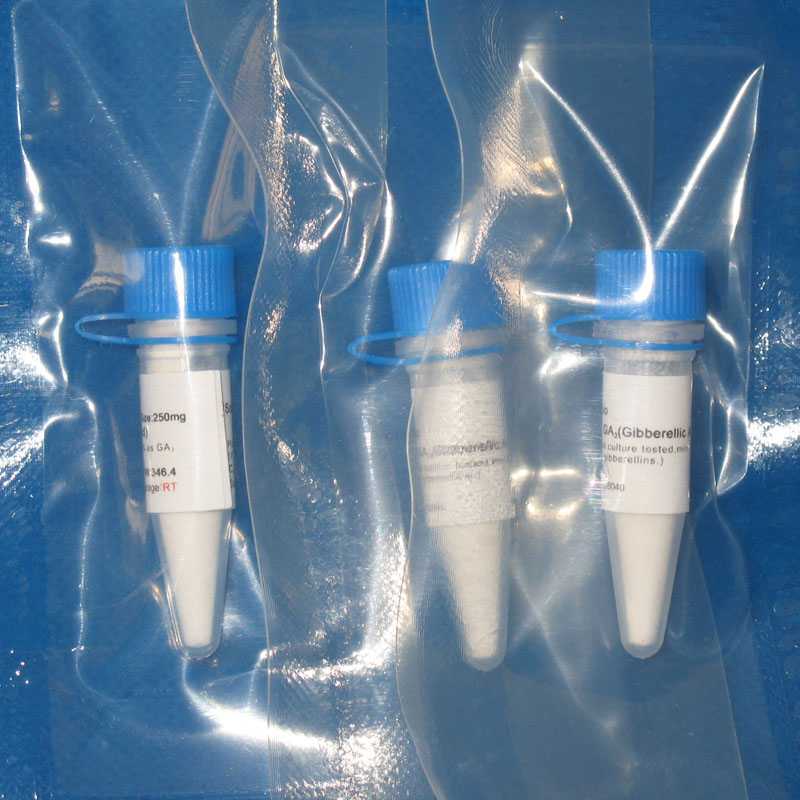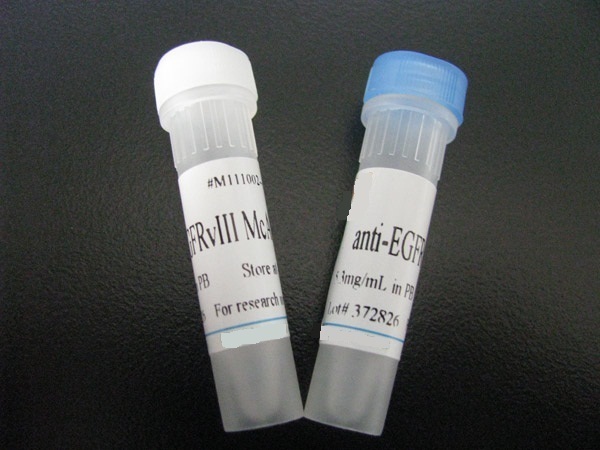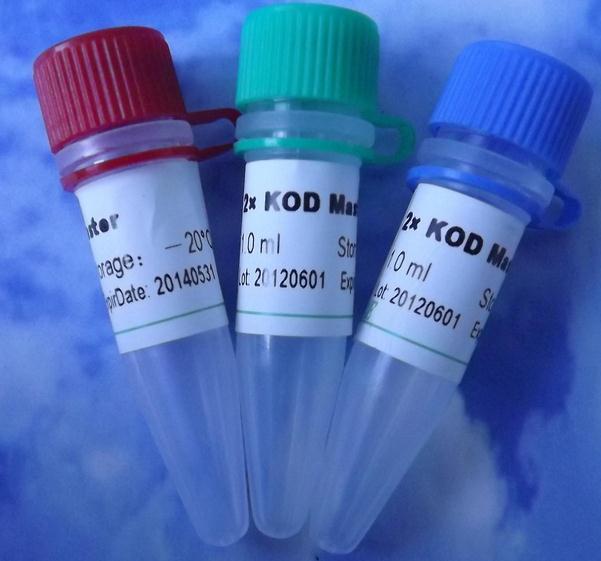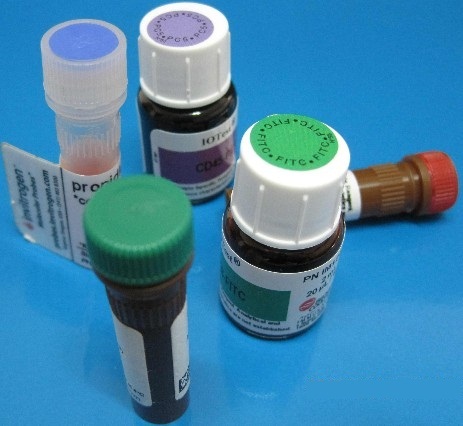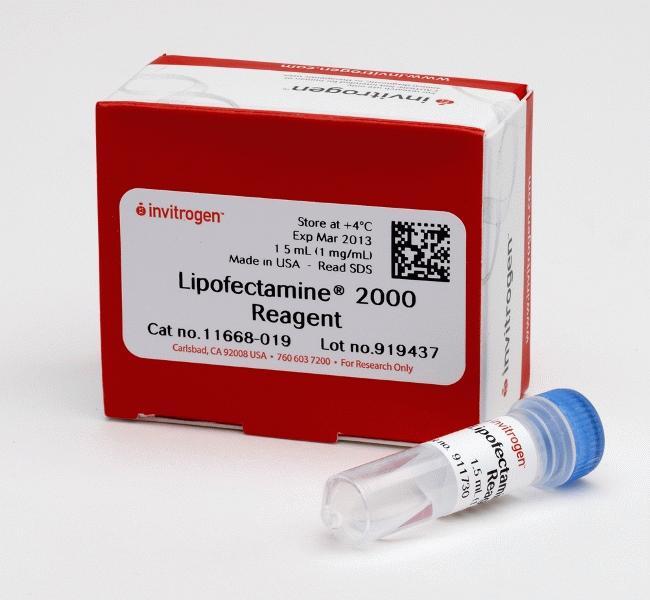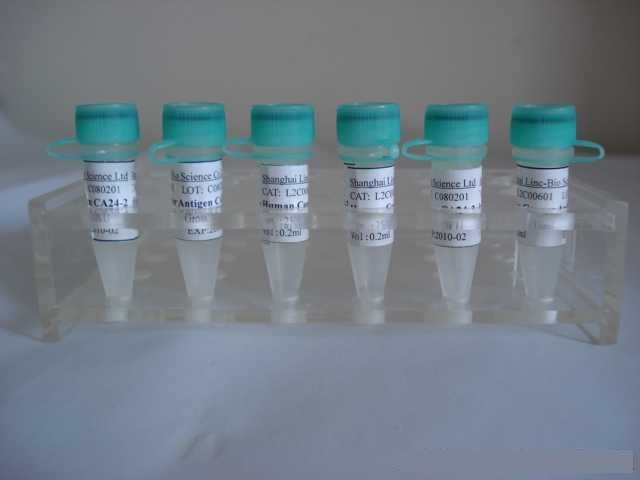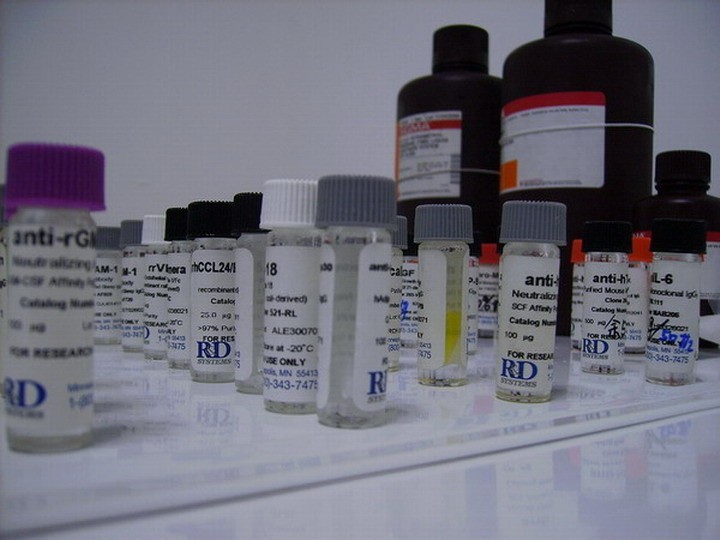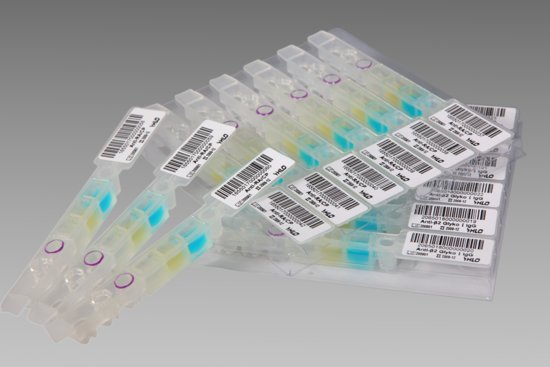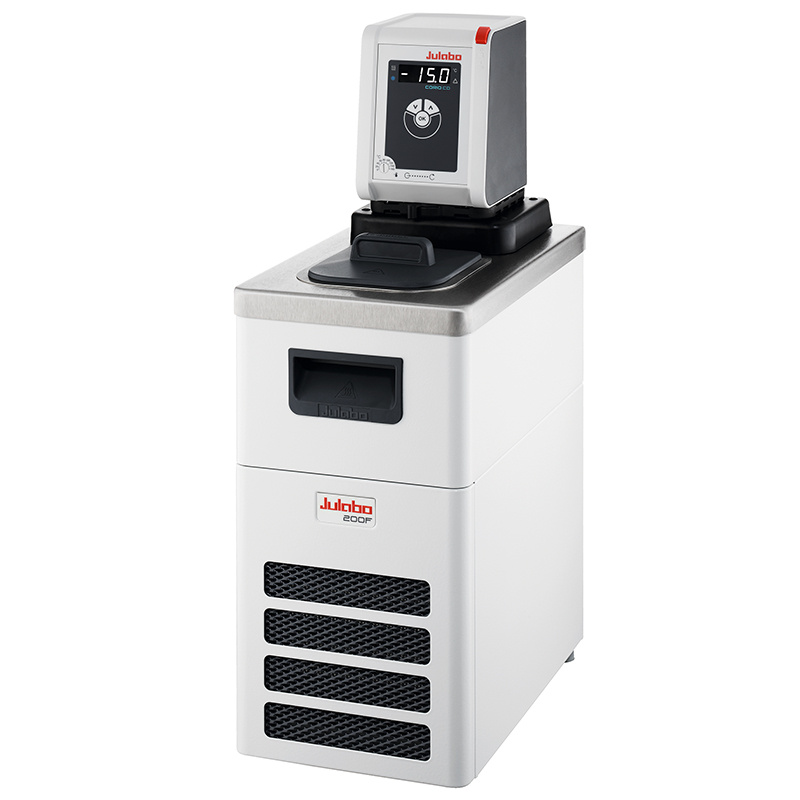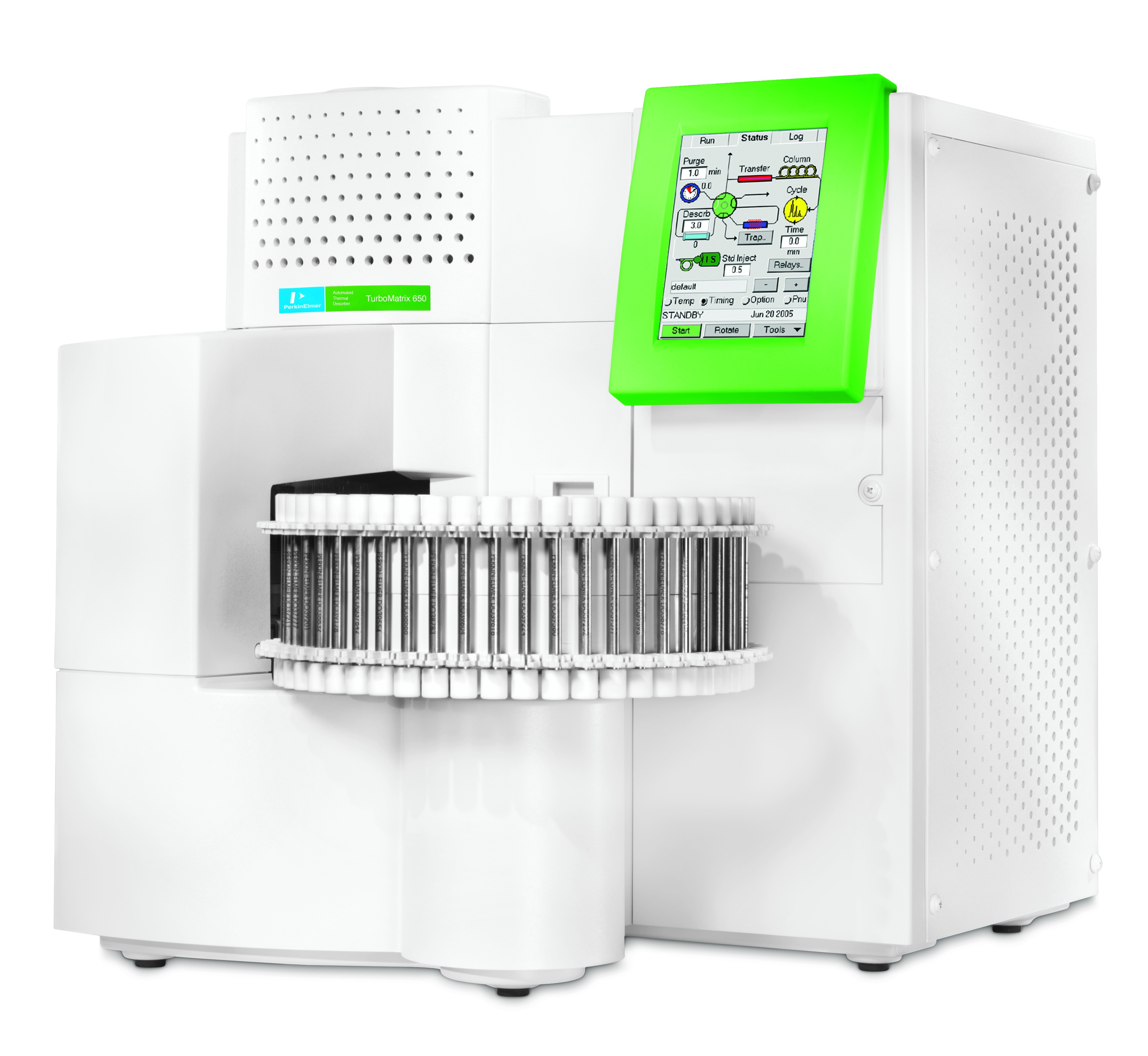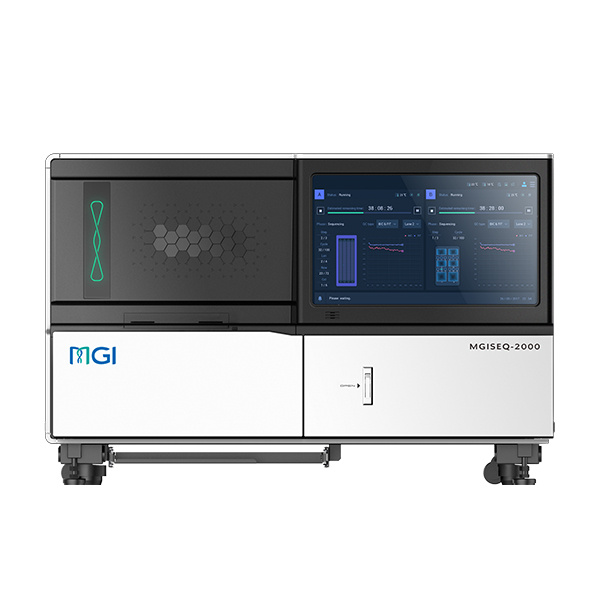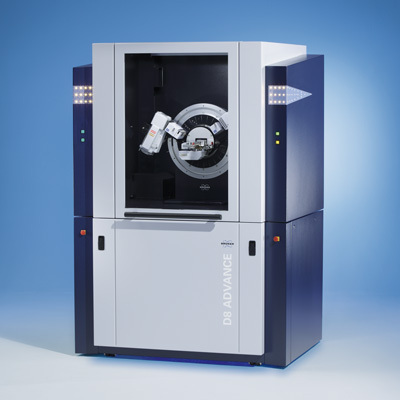浓 度 1mg/1ml
规 格 0.1ml/100μg 0.2ml/200μg
抗体来源 Rabbit
克隆类型 polyclonal
交叉反应 Human
产品类型 一抗
研究领域 细胞生物 发育生物学 细胞膜蛋白
蛋白分子量 predicted molecular weight: 4kDa
性 状 Lyophilized or Liquid
免 疫 原 KLH conjugated synthetic peptide derived from human beta 2 Defensin
亚 型 IgG
纯化方法 affinity purified by Protein A
储 存 液 Preservative: 15mM Sodium Azide, Constituents: 1% BSA, 0.01M PBS, pH 7.4
产品应用 ELISA=1:500-1000 IHC-P=1:100-500 IHC-F=1:100-500 ICC=1:100-500 IF=1:100-500
(石蜡切片需做抗原修复)
not yet tested in other applications.
optimal dilutions/concentrations should be determined by the end user.
保存条件 Store at -20 °C for one year. Avoid repeated freeze/thaw cycles. The lyophilized antibody is stable at room temperature for at least one month and for greater than a year when kept at -20°C. When reconstituted in sterile pH 7.4 0.01M PBS or diluent of antibody the antibody is stable for at least two weeks at 2-4 °C.
Important Note This product as supplied is intended for research use only, not for use in human, therapeutic or diagnostic applications.
防御素β2抗体产品介绍 Beta-defensins (also designated BD, and hBD in human) are small cationic peptides with broad-spectrum antimicrobial activity. Produced in mucosal epithelia and neutrophils of several species, Beta-defensins are developmentally regulated. Human b-defensin 2 is locally regulated by inflammation and is the first member of the b-defensin family that is locally inducible by inflammation. The murine homolog of human b-defensin 2, which is called b-defensin 3, is present in the respiratory system and in low levels in the epithelial cells of the intestine and lung. The unique murine b-defensin 2 (Defb2) is not expressed in airways of untreated mice, but is upregulated in the airways by lipopolysaccharide and may contribute to host defense at the mucosal surface of the airways
Function : Has antibacterial activity.
Subcellular Location : Secreted.
Tissue Specificity : Expressed in the skin and respiratory tract.
Similarity : Belongs to the beta-defensin family. LAP/TAP subfamily.
Database links : UniProtKB/Swiss-Prot: O15263.1
![]()



